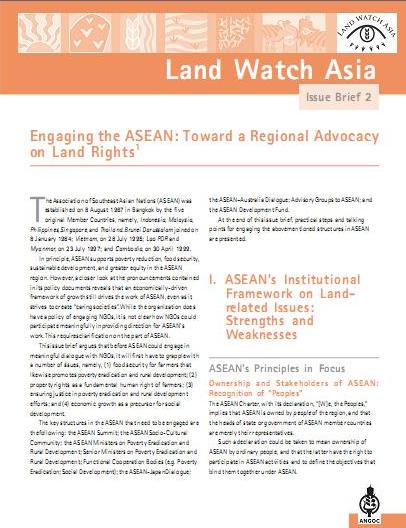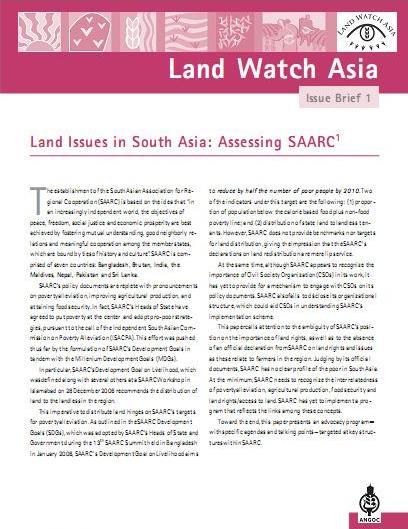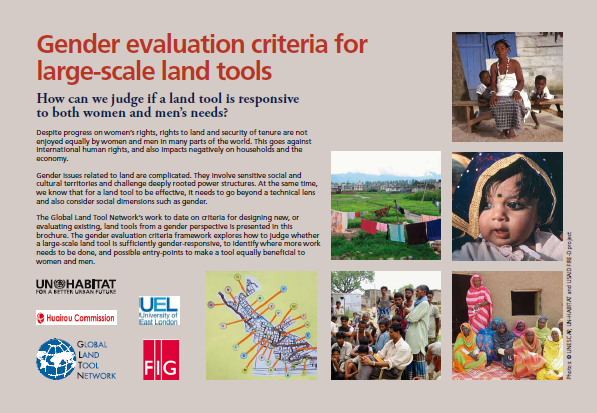Land values and land title security in rural Thailand
Ownership security and land rights are important incentives to increasing land productivity and hence land value. This paper reviews the development of formal and informal land rights in Thailand over time and describes the present situation in which a significant amount of land is occupied by farmers without legally secured land rights in areas classified as forest reserves. A review of the literature on the economic implications of land rights suggests that farmers lacking secure ownership will have less incentive to invest.







